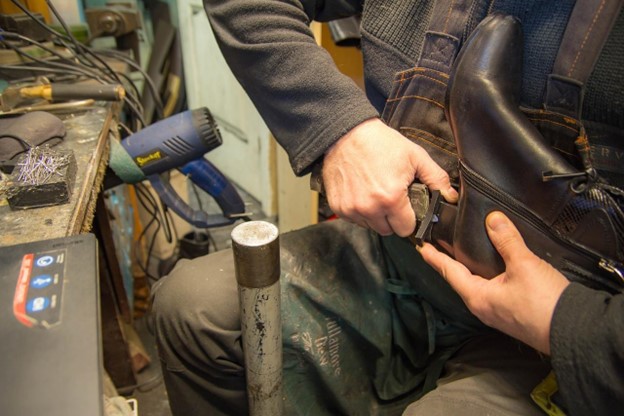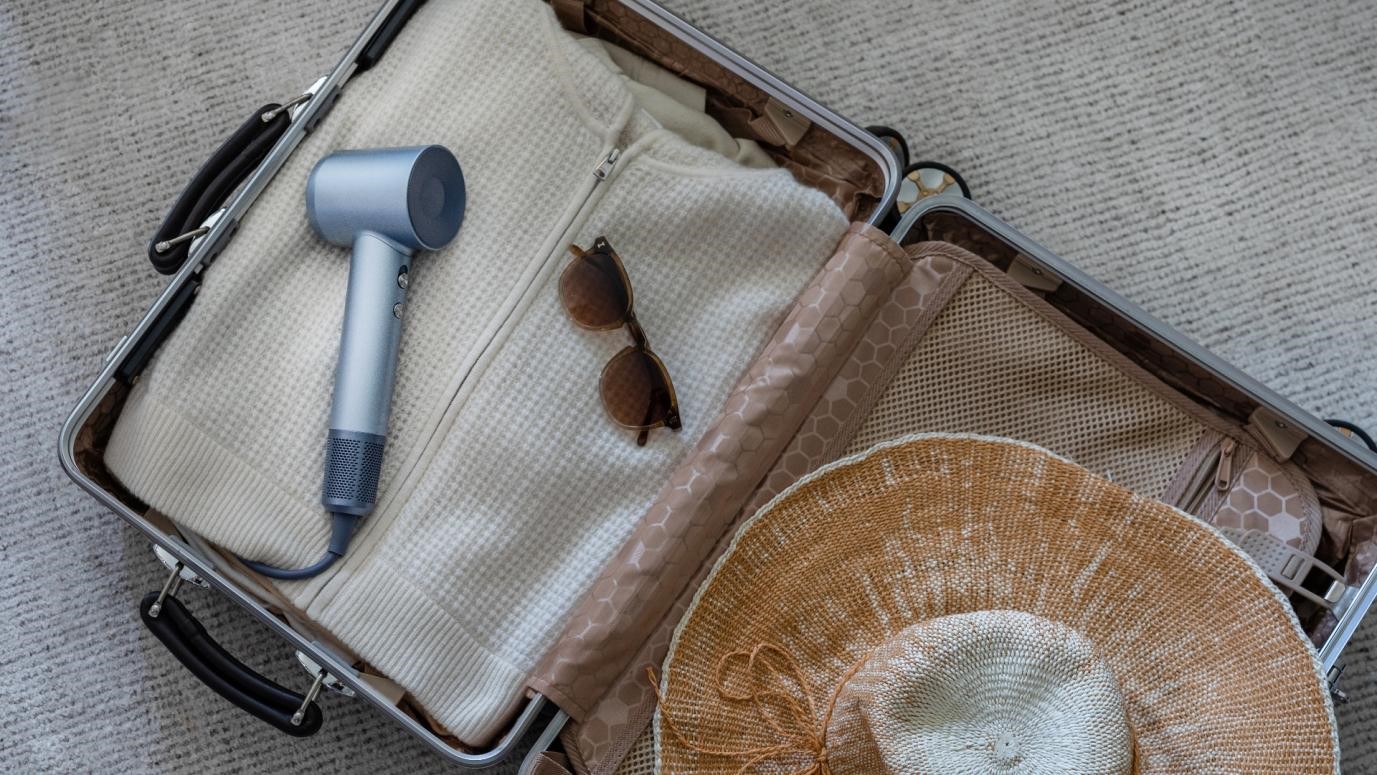If you are trying to sock cash away for a down payment on your first home, don’t give up hope. You have plenty of company because millions are engaging in the same financial chore. Coming up with a large amount of cash is tough for anyone, at any income level. The good news is that there are multiple methods for getting across the finish line and closing the deal. The journey to a down payment begins with a little soul searching, followed by some relatively painless cost-cutting and maybe an extra part-time job. Don’t fret, not everyone needs to do everything on the list below, but start with the calculation of your financial means and go from there. You can also visit resourceful sites like Lower My Bills, which provides free expert money advice and helpful tools to help you save for your first home purchase.
Calculate the Amount You Can Afford to Spend
One of the oldest sayings is “Know thyself.” It takes on special significance when you begin saving for a first home. Before doing anything else, you must know where you stand, and that means having a very clear picture of exactly what your total income is, how much debt you have and what your regular expenses are. When you decide to buy a home, spend an hour or so combing through your budget and figuring out how much you can afford to spend on the new abode. The number is typically equal to whatever you currently spend on rent, plus 20 percent. Of course, this is highly dependent upon how much to spend on rent to begin with. That’s just a ballpark because everyone’s situation is different, but it gives you an idea of where to begin.
Refinance Student Loans
In order to improve saving, you’ll need to reduce regular outflow by as much as possible. An effective way of bringing more money into the budget is to refinance student loans. This can save you a lot of money when you restructure your existing education debt. That means a shorter road to accumulating that down payment you’ll need. Refinancing your loans is also a good way to get a lower interest rate and more time to pay.
Reduce Expenses By 10 Percent
When you view your budget as a whole, attempt to reduce the entire spending category by about 10 percent. Most people who are willing to sacrifice to get their house can find slack in areas like entertainment, groceries, vacations, etc. It doesn’t take too much digging to chop your outflow by 10 percent. Remember, this isn’t forever. It’s just until you get into your new place.
Make Savings Deposits on the First of the Month
Some people say paying yourself first is the wisest way to save, and they might be right, as it’s a necessary way to have your hard-earned income grow over time. The saying means that you should set aside a fixed amount of funds at the beginning of each budgetary cycle, rather than at the end. When you wait till the end of the month to save, it’s common to find that all the extra cash has been spent.
Get a Micro Job
If you still need to add to your income/expense equation, consider taking on an extra job. It doesn’t have to be part-time, but can be a micro-job. Consult for a few hours per week, or take on a weekend only gig for five or ten hours. There are a lot of online gigs that fit this requirement too, like freelance writing and becoming a reseller of goods in Internet auctions.








Add Comment